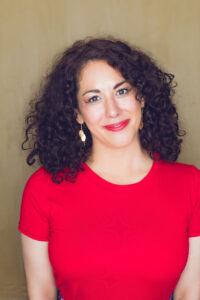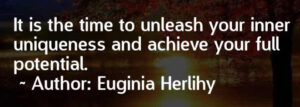LITERARIOBICS: DR JERNAIL SINGH ANAND’S THE NEO-POETICS

DR JERNAIL SINGH ANAND, the author of 21st Century Critical Thought which has been described as a “critical discourse which resolves the mystique of literary creation via participation by the contemporary creative and critical minds” by poet and critic Dr Lalit Mohan Sharma
Critical parleys have had several portals like formalism, archetypal, psychological, post-colonial, post- structuralism, deconstruction, feminism, ethnic, gender et al and surveyed the creative scenario. Now the isolation of the aesthetic from a moral, ethical universe, the worrying marginalisation of the artist and the aesthete, that’s the overwhelming question which critical minds have to confront. Dr Anand has spliced together several strands in his questionnaire to set in motion a critical discourse which resolves the mystique of literary creation via participation by the contemporary creative and critical minds
And “a gigantic task superbly accomplished” by Dr T.S. Anand, Editor, Literary Voice, (Canada),
“Antholozising myriad intellectual responses to the humanizing, ennobling, restorative, transformative and affirmative roles of literature within the parameters of 21st Century Critical Thought: A Dialogue with Postmodern Voices, is a gigantic task superbly accomplished”.

Here is a talk with the author Dr JERNAIL SINGH ANAND on his Neo-Poetics.
What is poetry?
JSA : Poetry is magic, mesmerises the poet and the reader, and brings them into an elevated state of being in which the ordinary assumes the aura of the extraordinary, and man turns an actor divine.
What a critic does to the text?
JSA: A critic recreates the text, and this recreation depends on the moment, called the poetic moment in case of creation, and the critical mement, in case of criticism, in which time and mental condition of the reader make all the difference. A person reading the same text after a few minutes is a different person accessing the poem.
What is the impact of poetry?
JSA: Poetry does to man’s mind, what Ayats of Holy Koran and The Paoris of Japuji sahib do to man’s soul.
How can poetry and world peace be on the same page?
JSA: If UN wants peace in the world, let no President become President until he has studied Shakespeare’s ‘Macbeth’, who over reaches himself because of his vaulting ambition.
What is tradition? How to look upon it? Can it be altered?
JSA: We possess every right to examine the wisdom coming to us from eternity and make it genuine by altering it so as it to include our truth too.
Is anything in literature sacrosanct?
JSA: Nothing is sacrosanct in literature. It is a snap shot of time. Donne was suspect for Arnold for his heterogeneous conceits, but a prophet of new consciousness for the same reason, for Eliot.
What is the greatest truth of human life?
JSA: Time is a flow. Consciousness is a flow. Understanding is a flow. Flux is the only truth which is perfect. They fox with truth who believe in fixity of ideas and imprison themselves in ideologies.
Is a poet a prophet?
JSA: Yes. He has a highly sensitive consciousness which registers even minute tremors. He has imagination which helps him build up dangers which are just warnings for others. He is a sentinel who guards the conscience of a society.
What does the disregard of humanities mean?
JSA: We are fast approaching the end of the tunnel. Literature is to education what religion is to society. Education without a moral centre is like a man whose kidneys have been removed.
Can Poetry sustain a consumerist society? Isn’t there fear of its becoming an item on amazon?
JSA: Let us hope we rise up to face consumerism.
Only a heightened consciousness can help Poetry as well as this society. I think society needs poets today far more than 18th century needed Wordsworth and Shelley, and 20th century, T. S. Eliot.














